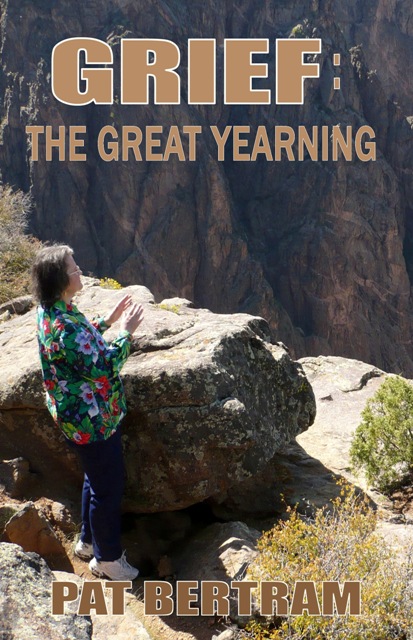Aaron Paul Lazar and I are doing a blog exchange today. (I will be at Murder By 4.) The author of LeGarde Mysteries and Moore Mysteries, Lazar enjoys the Genesee Valley countryside in upstate New York, where his characters embrace life, play with their dogs and grandkids, grow sumptuous gardens, and chase bad guys. Visit his websites at www.legardemysteries.com and www.mooremysteries.com and watch for his upcoming release, MAZURKA, coming in 2008. Lazar says:
Have you noticed a recent explosion in Internet radio shows? Perhaps you’ve heard of Blogtalk Radio, or other venues, in the past year. Basically, folks register as a talk show host and run their show via phones and the web. The guests call in, and listeners can either sign in or call in to join the discussion at the discretion of the host. The podcasts are available to download, feature on websites, or share via articles or email. The venue has become a wonderful marketing tool for writers and professionals in all fields. Over the past year, I’ve been a guest on several shows, ranging anywhere from 15 to 90 minutes. Feel free to listen to some or all of them, if you are so inclined, here.
But in Dr. Niama Willam’s Poetry, Prose, and Anything Goes radio show last week (“Dr. Ni” pronounced “nee”), I experienced a completely different type of interview.
It was more like “literary therapy.” Dr. Ni read and loved Tremolo: Cry of the Loon, brought up questions and issues about the characters, how they related to my life and passions, and spotlighted important aspects of the book linked to current day social issues.
She asked some hard questions that stopped me in my tracks.
But it’s not surprising, because the renowned Dr. Ni, literary scholar, author, creative coach, abuse survivor, and natural therapist, has just what it takes to help you dig into your life or novel, explore literary relationships to your life, and return you from the experience feeling enriched and satisfied.
None of it was planned. I didn’t even get the questions until a few minutes before the show. But that made the whole experience more animated, more natural. She surprised me by asking me to read segments of the book I’d never read aloud. I’m working on recording chapters for future audio books, but these chapters were further down the list and I hadn’t practiced. Sure, I made a few flubs, but the discussions we had about these scenes were illuminating.
The Poetry, Prose, and Anything Goes program opens with Dr. Ni’s lyrical and mystical acapella singing, with a welcome that promises to “let your ears become intoxicated.” We laughed a lot, shared common experiences, and dug deep into important subjects.
Following are some of the topics we covered:
– The concept of innocence; how it relates to childhood and shapes a writer.
– How an author’s fears drive suspense and plot elements
– Abuse, and why it’s a recurring theme in the LeGarde series
– The lives of concentration camp survivor’s children
– Grandparenting vs. Parenting
– The “macho man” culture of some African American and Latino men and how it’s okay to be human, to be nurturing, to allow your emotions to show, while also being strong and protective.
– The history and future of Siegfried Marggrander, and where the German segments come from in the series.
– The differences between 50s/60s kids and some children today
– How playing outside and inventing games was/is so good for children
– Materialism and its destruction of the family and quality of some children
– The desensitization of society to violence, gore, sex.
– Nature and the importance of living with and in it, as opposed to living indoor in electronic cocoons.
I wanted to share this with you all for the sake of connecting on important issues, but also to provide some fodder for ideas for those of you who are established or budding writers. Whether you already have a book out there or are about to be published, don’t hesitate to take the plunge with live radio!
At first it’s a bit scary. After all, you are LIVE. But as you become accustomed to thinking on your feet, the fears lessen and it can be truly delightful.
The best way to prepare for radio is to do lots of print interviews first. You’ll collect your thoughts, have files of answers handy, and will be practiced in the art of thinking about your motivations, characters, synopses of books, etc. I must have done 25 to 30 print interviews before I “dared” go live on radio. But they helped immensely. I even practiced answering the most popular questions out loud, so my mouth actually said the things my mind intended.
You also need to be prepared to read “live.” Again, practice makes perfect. Before I record my clips for future audio books, I practice each chapter numerous times, until the sound of the voices and descriptions match what was in my head when I wrote the words. That’s hard to do at first, but after a while it again, becomes second nature.
If you have a laptop in the kitchen, or headphones at work, click on the link to the show above and let me know what you think about our discussion. We can keep it going here if you like.
Remember, dear friends, to take pleasure in the little things. And if you love to write, write like the wind!








